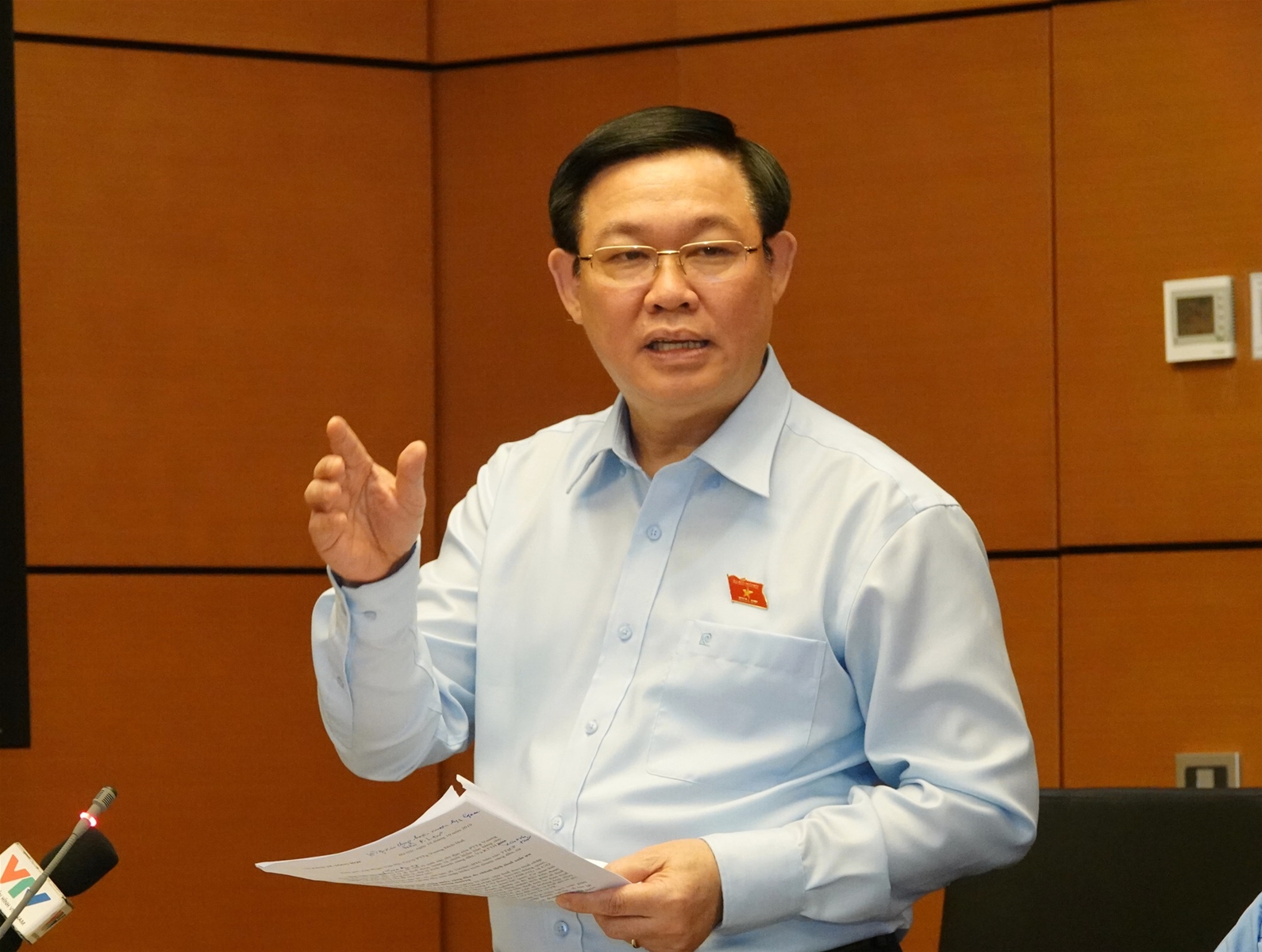
The real estate remains a risky channel for investment, requiring a cautious approach from the government to tighten lending in this sector, according to Deputy Prime Minister Vuong Dinh Hue.
Bank lending to housing developers and buyers surged in the first few months of 2019 due to a change in government’s statistical methods, Hue said at a discussion session on October 22 at the National Assembly's ongoing sitting.
“In the past, the government took separate measurement for property developer and consumer credit for home buying and repairing, among others. From 2018 onward, the government merged these two indicators into one for more accurate measurement of credit growth in the sector,” said Hue. “Leading to the surge in property credit figures.”
Deputy PM Hue added that if the outstanding loans for a real estate firm or a project reach VND5 trillion (US$215.22 million) or more, the Governor of the State Bank of Vietnam must report on the issue to the Government and the prime minister every three months to ensure tighter control.
The SBV meanwhile is also required to monitor real estate firms or realty projects with outstanding loans of more than VND1.5 trillion (US$64.56 million).
Hue added credit and economic growth rates have gone in opposite ways in the past few years. Over the past few years, credit growth was high, at between 14% and 18.17% per year over the past five years, whereas the gross domestic product (GDP) grew a mere 5%-6%, the Vietnam News Agency reported, citing the deputy prime minister.
However, the credit growth and economic growth have recently reversed course following the Government’s economic restructuring. The Government has tightened control over credit policies, especially property loans, resulting in a 14% rise in credit growth. Meanwhile, the economic growth was higher than before.
As of August, Real estate loans accounted for 19.14 per cent of the total outstanding loans, up 14.58 per cent against the figure seen in late 2018. The growth rate was higher than the 9.4 per cent average credit growth of the economy.
Of the total loans in the first nine months of this year, loans for real estate business activities represented 32.7 per cent of the sector’s outstanding loans, up 5.5 per cent, and home loans made up 68.3% and up 19.6%.
Consumer credit made up 20.7 per cent of the total outstanding loans in the economy, up 13.9 per cent, of which loans for activities associated with the real estate sector, including buying, renting, building or repairing houses, accounted for 59.4 per cent of the total outstanding consumer loans, soaring 19.5 per cent.
According to SBV’s data, as of September 30, credit had risen by 9.4 per cent against the end of 2018, focusing on production and business activities. Meanwhile, credit for high-risk sectors, mainly the real estate sector, has been tightly controlled.
The central bank targets a credit growth rate of 14% for the whole year of 2019, slightly unchanged from the growth rate of 13.89% in 2018, to curb inflation and maintain macroeconomic stability.
Deputy PM Hue remarked that the Government has ordered tight control over property credit and large-scale projects, asking banks to consider offering loans for feasible projects.

















